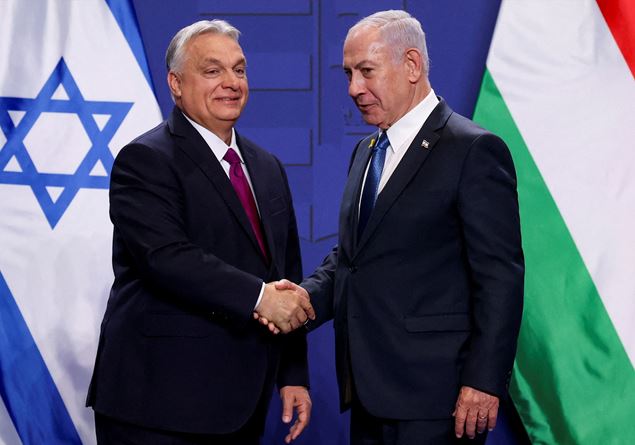Eid el-Kebir is celebrated every year during the month of Dhul-Hijja. This holiday is marked by traditions rich in meaning for all Muslims.
L’Eid el-KebirOr Eid al-Adhais one of the most important celebrations in the Muslim calendar. Known as the “festival of sacrifice” or the “festival of the sheep”, it pays homage to the faith of the prophet Ibrahim through the ritual sacrifice of a sheep. But this tradition goes far beyond a simple symbolic gesture. Find out everything you need to know about this celebration full of meaning and sharing.
When is Eid el-Kébir in France?
According to some estimates, this year, Eid el-Kebir should take place around Friday June 6, 2025. The celebration of Eid el-Kebir takes place on the tenth day of Dhu al Hijjalast month of the Muslim calendar and one of the four sacred months of Islam. It also marks the end of the pilgrimage to Mecca. Its date is fixed based on the observation of the crescent moon.
What are the 10 days of Dhul Hijja before Eid el-Kebir?
THE 10 days of the month of Dhul Hijjawhich includes Eid el-Kebir, occupy a special place in Islam. They are seen as the most sacred days of the year. During this time, Muslims are encouraged to strengthen their devotion to Allah and show generosity. Furthermore, before Eid el-Kebir, it is advisable to fast for the first 10 days of Dhul Hijja, especially the day of Arafat, considered sacred in Islam. In the Muslim religion, “this fast erases the sins of the past year and those of the year to come”, reported by Mouslim in his Sahih n°1162.
What is the history and origin of Eid el-Kébir?
The festival of Eid el-Kébir has its origins in a Koranic and biblical episode. In it, Abraham (Ibrahim in Arabic) receives the order in a dream to sacrifice his son Ishmael. About to obey, an angel intervenes and replaces the child with a sheep, symbolizing both the test of faith and divine mercy. In the sura 37 (verses 105 to 113)a “generous immolation” is mentioned, instead of the sacrifice of Abraham’s son, interpreted as the sacrifice of a sheep, a ram, or sometimes a goat or a cow. It is for this reason that Eid el-Kebir is also called “sacrifice festival” or “sheep festival”.
What to do on Eid el-Kébir?
In general, on the day of Eid el-Kebir, Muslims begin with ablutions before attending the big prayer in the morning. of Aid al ‘Ad-ha at the mosque, followed by the imam’s sermon. Then, the ritual of sacrifice, usually performed by the father of the family, is performed, and the meat is prepared according to specific rules. This day is also an opportunity to cook other traditional dishes. Families come together to share a meal, offer meat to the most deprived or exchange gifts. This moment of sharing is also dedicated to forgiveness, prayer and spiritual reflection.
What are the rules for sheep slaughter for Eid el-Kébir?
THE sheep sacrifice during Eid el-Kébir follows precise rules established by the Halal service of the Grand Mosque of Paris. The animal must not see the blade or be stunned before slaughtering, which must take place after prayer and before sunset of the third day, only in approved slaughterhouses. In France, these slaughterhouses are controlled by the departmental population protection department, and any slaughter outside these places is subject to sanctions. Once drained of blood according to the Muslim rite, the sheep is ready to be eaten by the family. By tradition, part of the meat is offered to the most deprived. Those wishing to make a sacrifice must contact an approved slaughterhouse via the Ministry of Agriculture website.
What do we eat for Eid El Kébir?
Depending on the origins (Tunisian, Moroccan or Algerian…), the culinary traditions can be slightly different. But, the main dish at Eid el-Kébir remains cooked muttonaccompanied by couscous.
We also find leg of lamb, or even the mrouziaa typical Moroccan dish which is a tagine with sweet and savory flavors.
How to wish a good Eid el-Kebir?
The formula for wishing each other a happy Eid is “Eid Mubarak!”. As a message, Muslims can also write to their loved ones: “Happy Eid to you and your loved ones! May this Muslim holiday bring you the best in this world: health, serenity and faith in Allah. Inch’Allah.”








